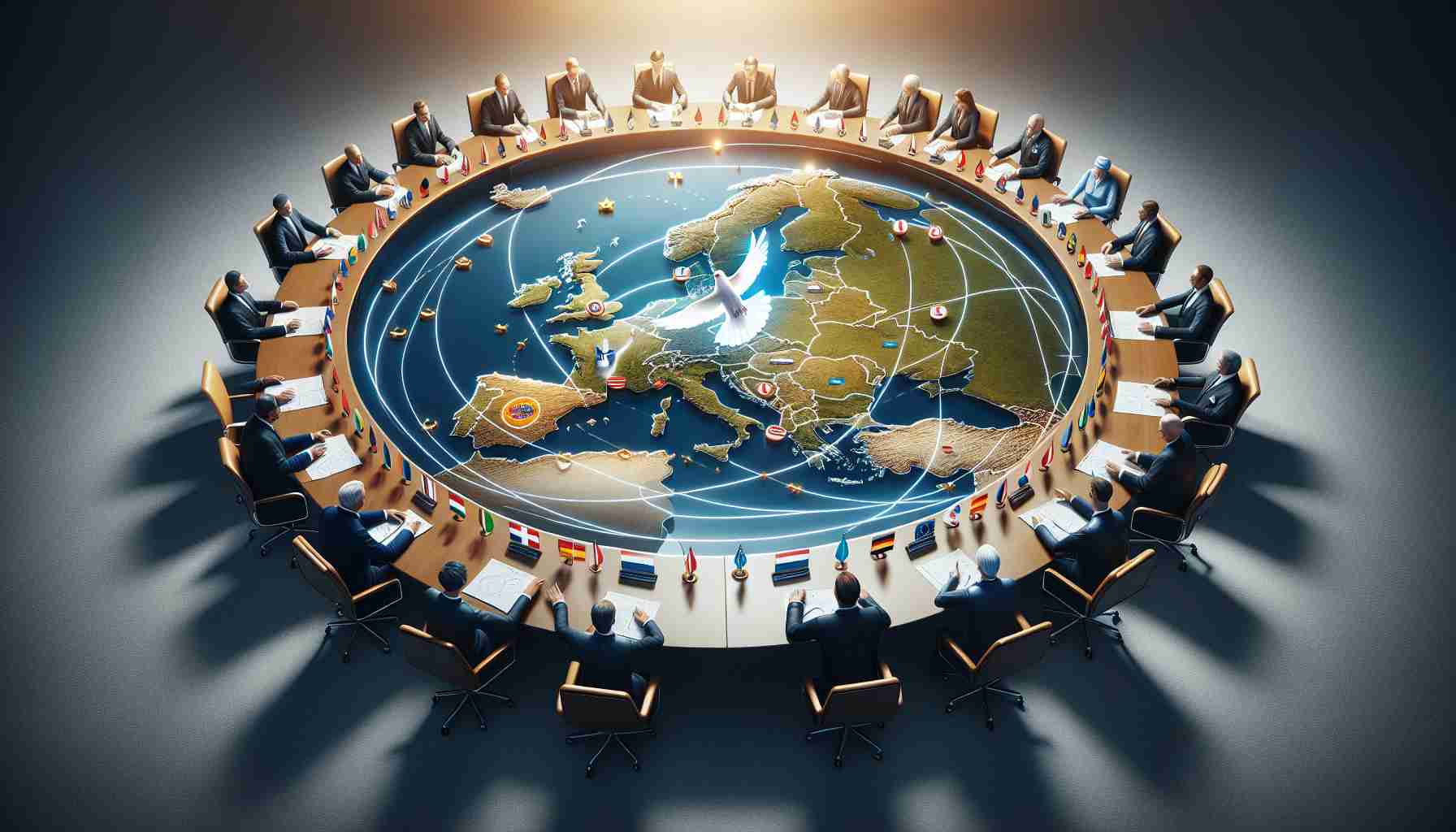France and Germany Reach a Milestone Agreement on Future Combat Tank
The defense ministers of France and Germany, Sebastien Lecornu and Boris Pistorius respectively, made a decisive progress regarding a previously stalled defense project. They came together in Berlin and revealed that they had successfully cleared the path forward for the initiative. Following an agreement in Paris, the ministers expressed that this marked a pivotal moment in European defense cooperation.
The aim was highlighted as ambitious, with a goal to finalize contracts by the end of the year, as explained by Pistorius during the announcement. They shared that other countries, like Italy, have shown a keen interest in joining the endeavor, and Pistorius emphasized that this project was open to additional partners.
The collaborative venture began in 2017, with both nations committing to jointly develop a new generation of main battle tank, intended to succeed the French Leclerc and the German Leopard tanks from 2040. Despite the intention, the project faced delays, mainly due to competition between French and German industrial firms. Now, with the resurgence of cooperation, this venture is considered not as a mere replacement for current tanks, but as shaping the evolution of armored warfare in the decades to come.
Importance of European Defense Cooperation
European defense cooperation holds significant importance due to several factors. The increasing security challenges in Europe, such as the Russian aggression in Ukraine, have highlighted the need for European countries to bolster their military capabilities and work together to ensure collective security. This is also partly driven by a desire to be less dependent on the United States for military defense. Cooperation allows the EU member states to pool their resources, share technology and expertise, and reduce redundancies, ultimately leading to a more integrated and efficient defense mechanism.
Questions and Answers
- Why is the Franco-German tank project significant for European defense?
The project represents a major step in harmonizing defense efforts and capabilities, which is critical for the strategic autonomy of the European Union. Joining forces in such endeavors helps to standardize equipment, enhances interoperability among forces, and drives innovation in military technology. - What challenges did the Franco-German tank project face?
The project encountered challenges such as industrial competition between the nations involved, disagreements over project leadership, funding, technology sharing, and the balancing of workloads. Overcoming these issues was key to advancing the project.
Key Challenges and Controversies
An important challenge for this tank project is ensuring a fair distribution of labor and investment returns between participating countries. French and German industries must find a balance that satisfies both parties and any additional partners. Additionally, the integration of various national requirements and standards into a single defense project is complex.
There are also controversies around defense spending and the philosophy of military engagement in Europe. Critics often argue that European defense initiatives could undermine NATO, while proponents contend that such cooperation strengthens the alliance by building a more capable European pillar within it.
Advantages and Disadvantages
Advantages include increased military effectiveness, enhanced strategic autonomy, economic benefits from pooling resources and joint development, and the fostering of a stronger European identity in defense matters. It also helps to drive technological innovation through shared research and development.
Disadvantages might include the complexity of aligning multiple national interests and requirements, the potential for conflicts over intellectual property and technology transfer, and the dependency risks that may arise if member states become too reliant on joint systems without maintaining their own capabilities.
For more information on European defense cooperation, visit the European External Action Service website at European External Action Service. Please note that links provided here are based on the assumption that the URL is valid at the time of this article’s creation.

